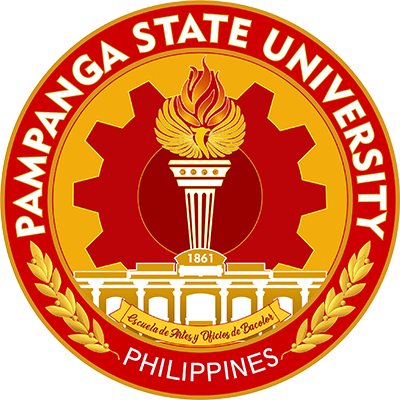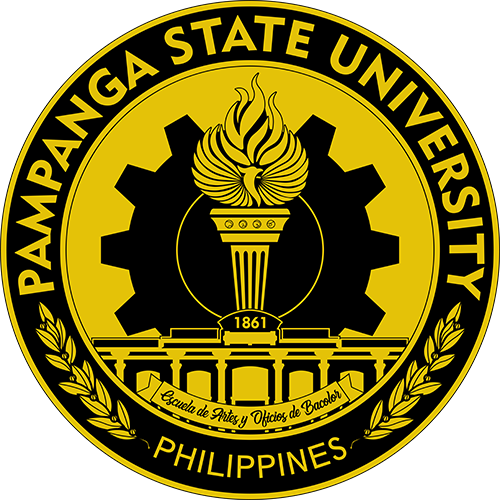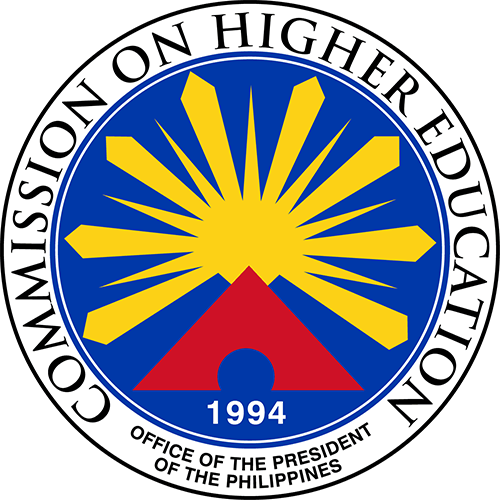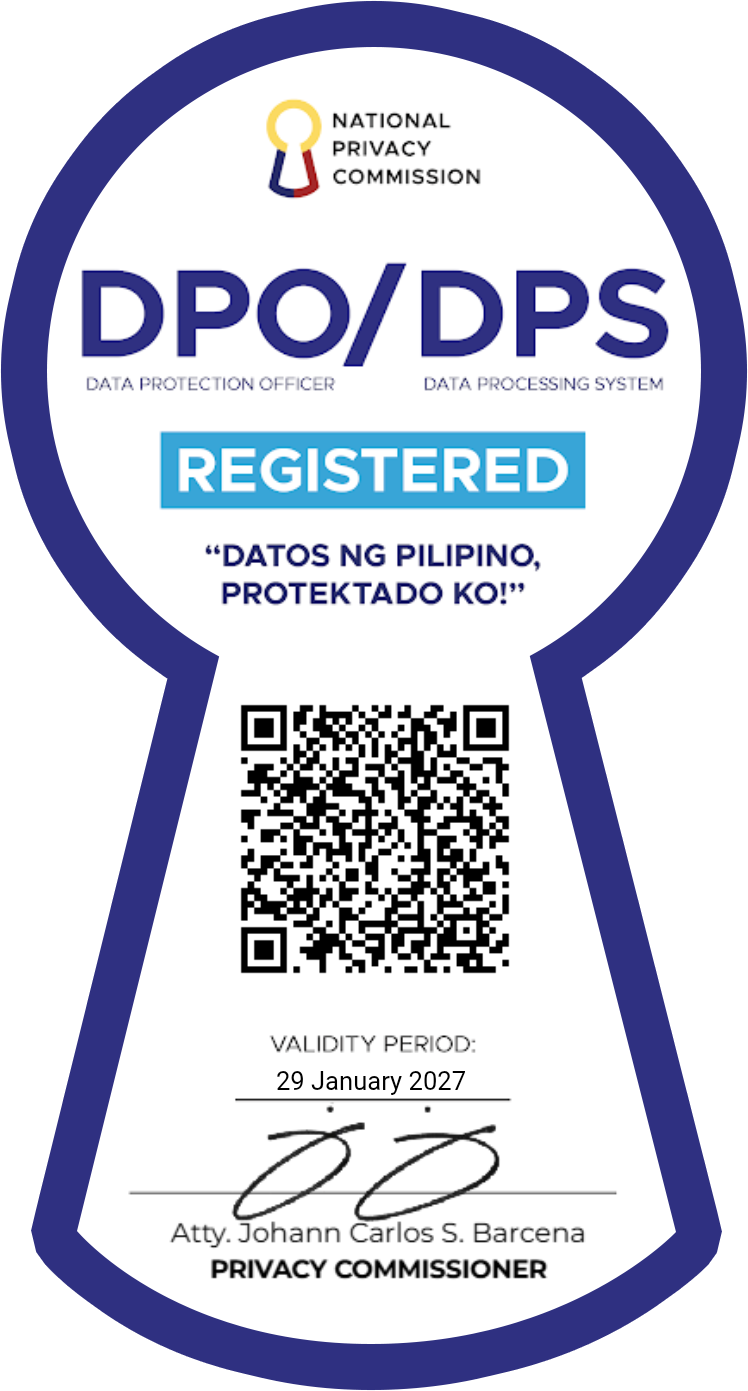SCOPE: This policy is to be adopted by all Pampanga State U employees and students including those in the satellite campuses and to be applied in all offices, structures, equipment and facilities. The Inter-Agency Energy Efficiency and Conservation Committee (IAEECC) continues to issue relevant resolutions in consonance with the Government Energy Management Program (GEMP) that covers state universities. In this regard, more updated policies based on IAEECC resolutions and department circulars of the Department of Energy (DOE) shall supersede, compliment or be added to the policies stated herein which are also based on existing circulars, resolutions and orders by the aforementioned institutions.
- LIGHTING
- Take advantage of natural lighting as much as possible as long as it will not compromise safety and productivity.
Ex. During daytime, lights in the lobby area, comfort rooms and corridors should be turned off if natural lighting is sufficient. - Turn-off lights when not in use or whenever practical, during lunch breaks and after office/class hours, except in offices where continuous work or “No Noon Break” policy is implemented.
- Ensure the observance of the use of energy efficient light-emitting diode (LED) lamps, replacing old, busted and non-LED lamps with LED lamps. All LED Fixtures shall be compliant with Minimum Energy Performance for Products (MEPP) per DOE Department Circular No. DC2020-06-0016
- Apply illumination principles in the electrical lighting design so as to ensure efficient task-oriented lighting with reference to Energy Conserving Design of Buildings provided in Department Circular No. DC202012-12-0026.
- Take advantage of natural lighting as much as possible as long as it will not compromise safety and productivity.
- AIR-CONDITIONING UNITS
- Ensure that only energy efficient inverter type air -conditioning units that are compliant with MEPP shall be installed or used in buildings/offices and/or facilities and air –conditioning system retrofit projects.
- Regularly maintain ACU units.
- Adjust the air conditioning thermostat to not lower than 24-degree Celsius in all offices/rooms.
- There should be an approved schedule of ACU operation. In rooms/offices where there is proper ventilation, ACU use should be limited to six (6) hours. During summer months and upon the discretion of the University President, maximum duration of 8 hours shall be allowed.
- The ACU unit can be set to fan mode from 12:00 Noon to 1:00 P.M. or whenever practical.
- Apply calculations and refer to standard table references provided by DOE and applicable codes in designing ACU cooling systems to ensure proper cooling capacity.
- Minimize air leakage as much as possible. Air leakage causes the compressor unit to operate longer, thus consuming more energy.
- There should be an assigned ACU operator in each office/room.
- OTHER ENERGY-CONSUMING DEVICES/EQUIPMENT/APPLIANCES (printers, computers, etc.)
- Turn-off equipment and devices when not in use; during lunch breaks or office hours except in offices where continuous work is being implemented.
- Small appliances such as microwaves, electric kettles, oven toasters and other similar appliances which draw high amounts of energy are prohibited for personal use in offices and classrooms.
- Telephone and other communication equipment shall be used strictly for official business only, except in times of emergency.
- All new purchases (additional or replacement) of other energy consuming equipment/appliances must be energy efficient and/or with DOE issued energy label.
- VEHICLES/FUELS
- Implement policies for adoption of maintenance and driving tips such as but not limited to the following:
- Proper inflation and alignment of tires
- Proper alignment and balancing of wheels
- Periodic or regular oil change and oil filter replacement
- Regular engine tune-up
- Replacement of air and fuel filters
- Proper scheduling of daily trips
- Smooth/moderate acceleration of vehicles
- Prohibition of overloading
- Keep records of GEMP required documents related to vehicle and fuel use such as but not limited to: consumption in liters per month, odometer reading, approved trip tickets, updated motorpool logbook, among others.
- Strict prohibition of idling of engines when a vehicle is parked.
- Use of vehicles for purposes other than official business shall not be allowed.
- New vehicle procurements (additional or replacement vehicles) shall be fuel- efficient models, such as but not limited to; hybrid and diesel variant vehicles, among others. Old vehicles that are not fuel efficient and with high maintenance and parts replacement cost shall be replaced with new and fuel-efficient variants.
- Implement policies for adoption of maintenance and driving tips such as but not limited to the following:
- BUILDINGS/OFFICES and FACILITIES
- As a general energy efficiency policy on construction of buildings/offices and/or facilities and other retrofit projects, the Energy Conserving Design of Buildings, Green Building Code and National Building Code must be referred and adhered to.
- Renewable energy installation and utilization such as solar photovoltaic system and other equivalent and applicable renewable energy technology and solutions (such as but not limited to net metering agreement, green energy option program, among others) in buildings, offices, facilities and other retrofit projects is encouraged.
- OTHER ENERGY CONSERVATION RELATED POLICIES
- It is prohibited to stay in offices and classrooms after office/class hours beyond the approved schedule unless there is an approved permission to stay beyond the official time from the President or his duly authorized representative.
- Staying in offices and classrooms after office/hours on Saturdays and Sundays is prohibited to students, faculty, and staff unless the said personnel or students are attending classes, CWTS or rendering overtime work as the case may be.
REVIEW
The EECU in coordination with the EEC Professionals (EEC Officer, EEC Focal Person and EEC Coordinators) shall be tasked to evaluate and recommend appropriate and relevant policy revisions.
RESPONSIBILITIES
Employees and Students are responsible for:
- recognizing that judicious energy use is vital and beneficial not only economically but also helps stop scarcity of fossil fuels thereby contributing to environment preservation.
- taking actions to conserve energy and reduce energy waste.
- Example:
Classroom Energy Conservation by turning off lights and fans when not in use. Engage in research undertakings exploring energy efficiency and conservation.
- Example:
- reporting Energy conservation ideas, energy waste incidents, to the Energy Efficiency and Conservation Unit or their respective Department/Unit Heads, or the designated Energy Conservation Implementers/Energy Conservation Student Implementers.
EEC Professionals, EECU and the Administrative Council are responsible for:
- disseminating this policy to the Pampanga State U Community and ensuring its implementation, such as but not limited to; posting of EECU policy-based signages on bulletin boards and other strategic locations, playing of EECU videos in offices where there is a led screen to help promote energy efficiency and conservation, including energy efficiency and conservation unit policies in orientation programs, among others.











